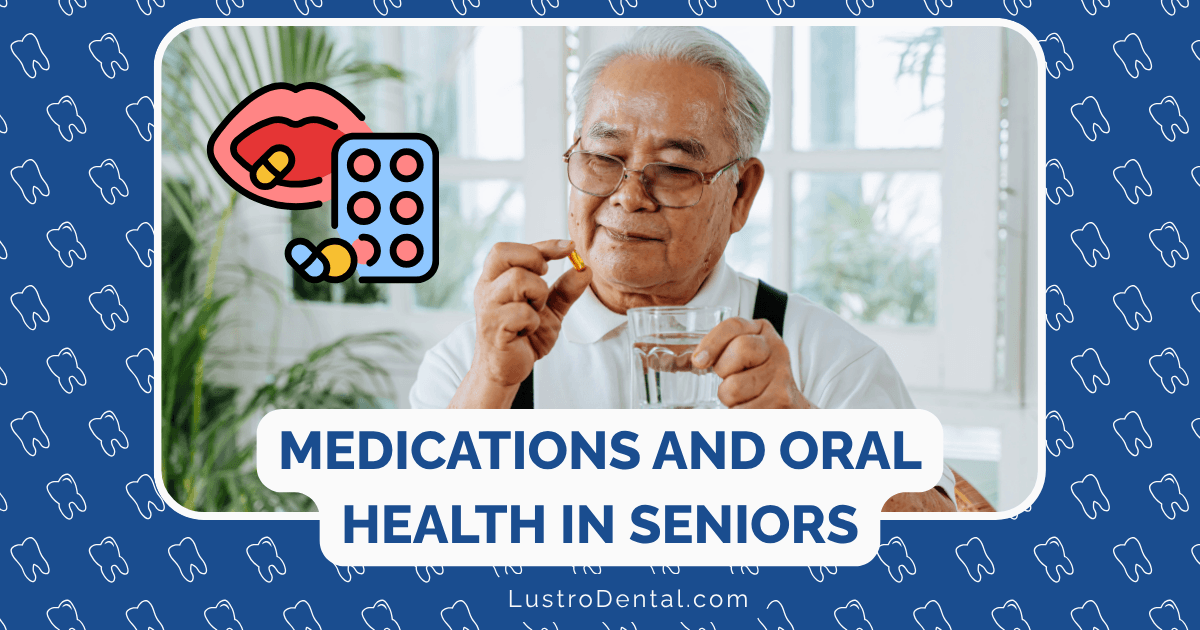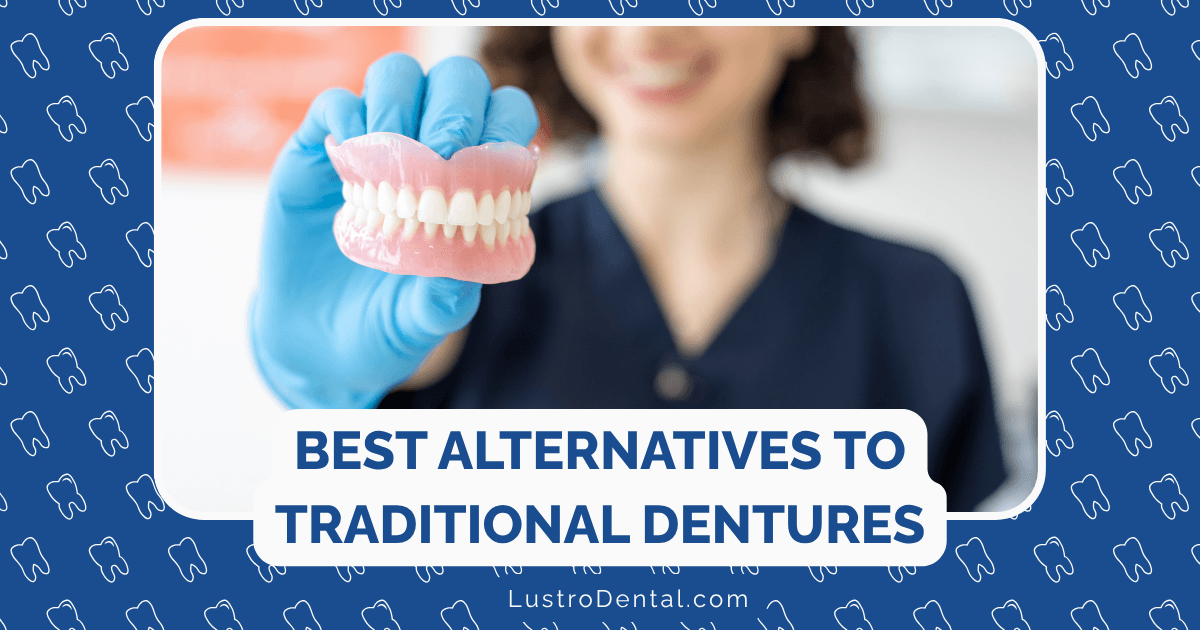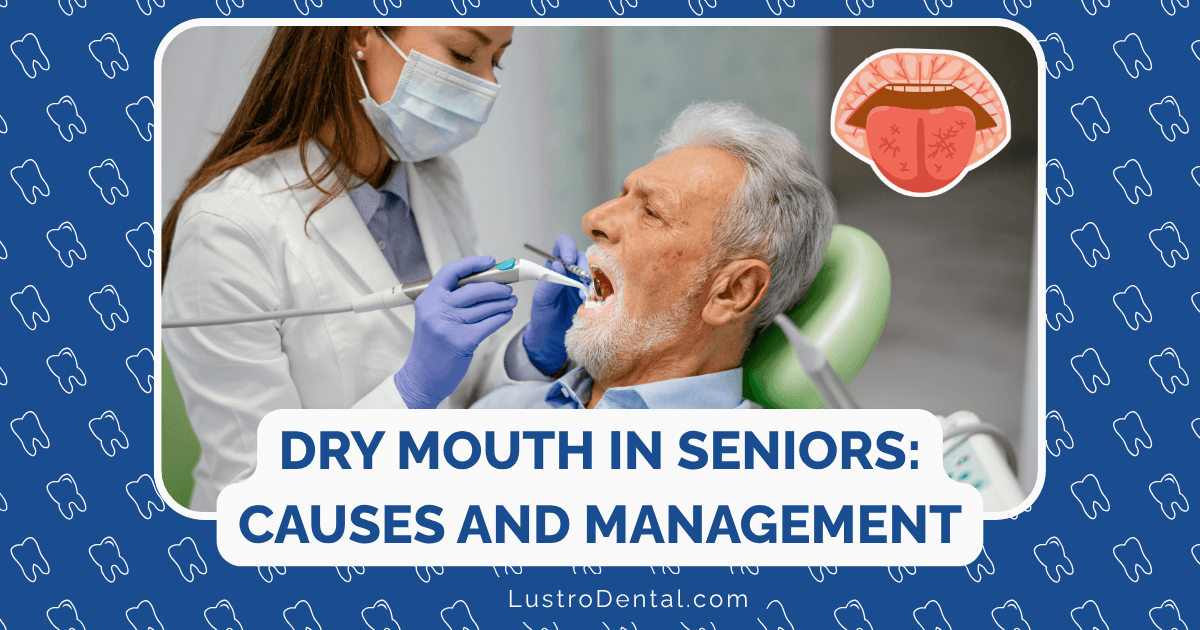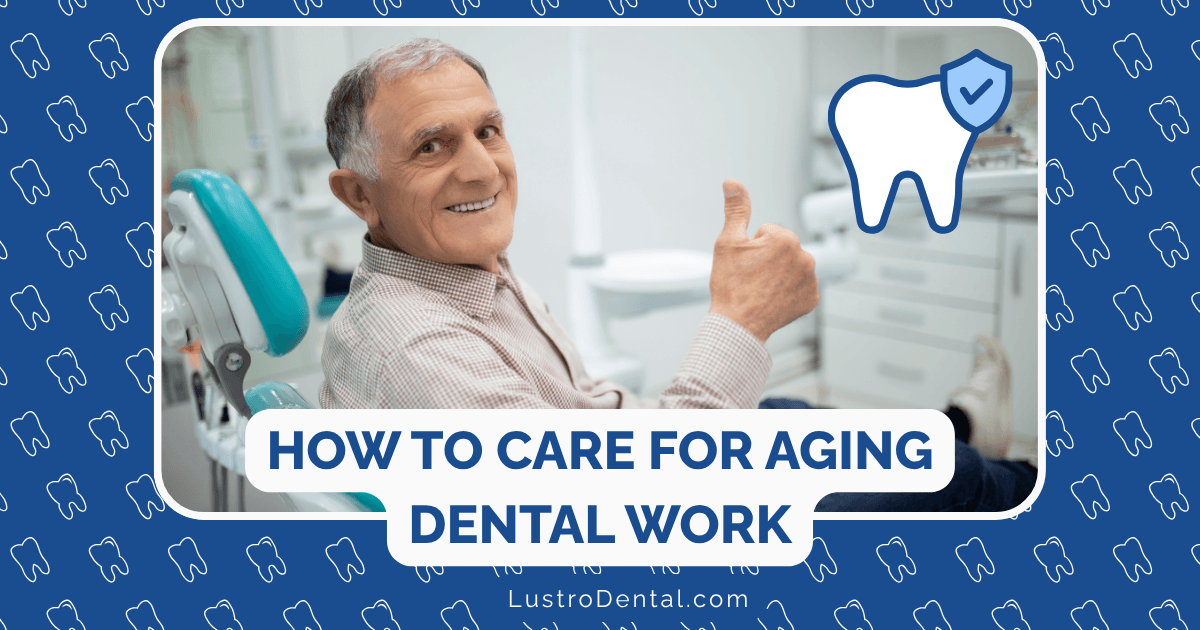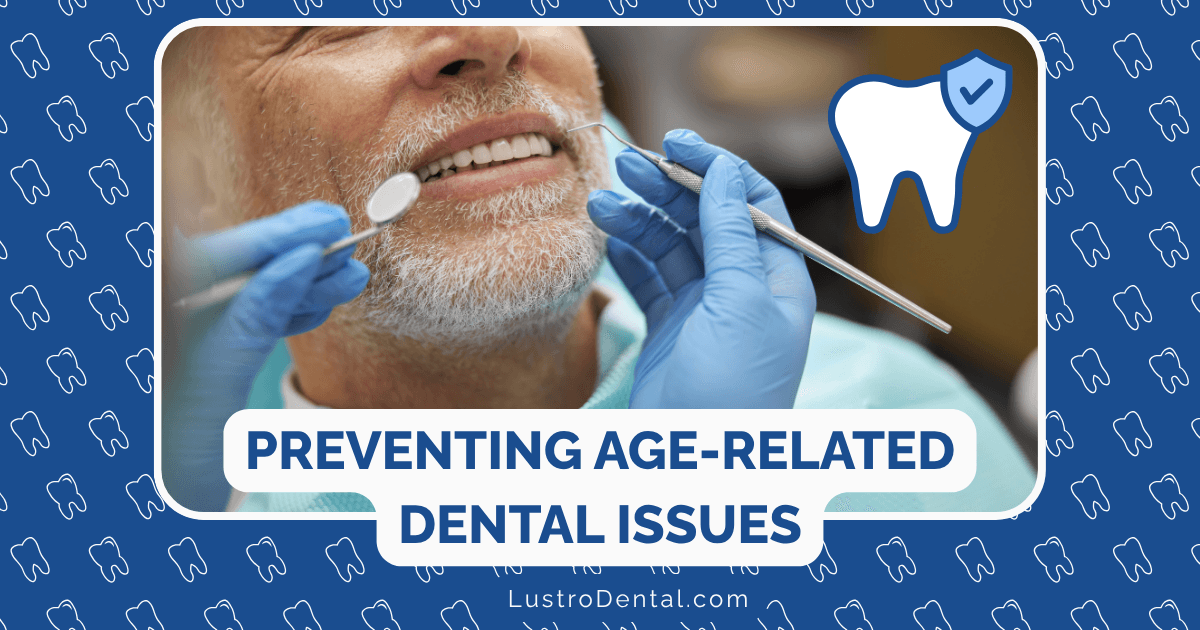Stress-Related Dental Problems in Adults: Recognition and Management
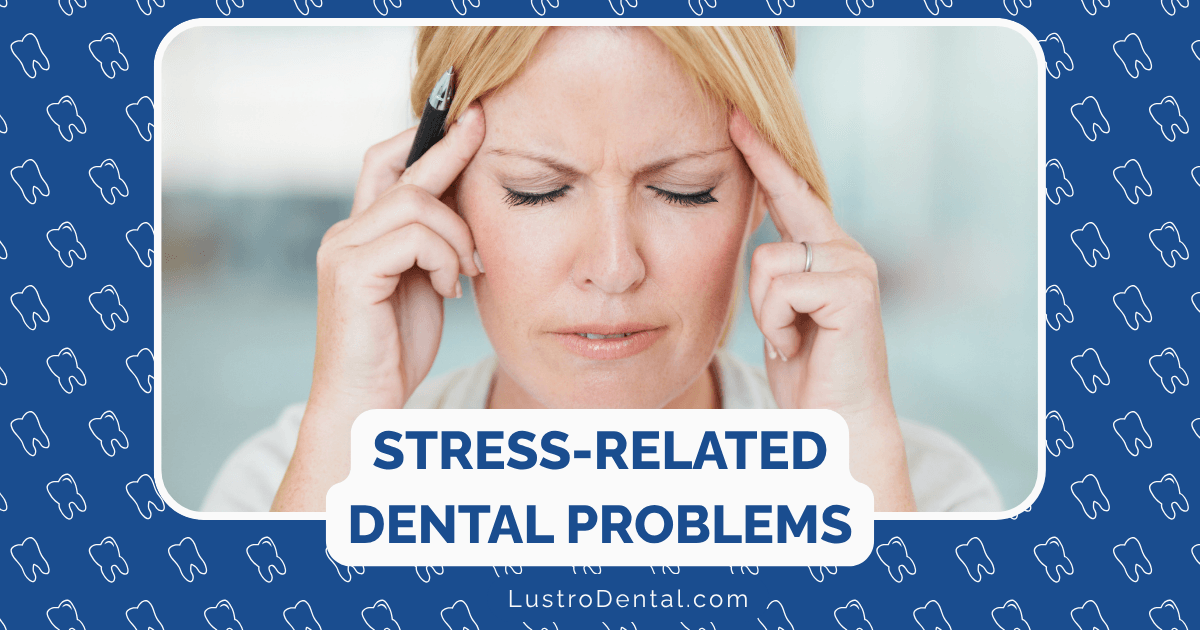
In our high-pressure world, stress has become an unwelcome companion for many adults. While most people recognize the impact of stress on mental health and internal organs, fewer understand how significantly it affects oral health. From teeth grinding to gum disease, stress can manifest in your mouth in surprising and damaging ways.
This comprehensive guide will help you recognize stress-related dental problems and provide practical management strategies to protect your oral health even during life’s most challenging periods.
The Stress-Oral Health Connection: Understanding the Science
Before diving into specific conditions, it’s important to understand why stress affects your mouth in the first place.
Dr. Sarah Chen, periodontist at the American Academy of Periodontology, explains: “Stress triggers a cascade of physiological responses, including elevated cortisol levels, which can suppress immune function and increase inflammation throughout the body—including the oral cavity. Additionally, stress often leads to behavioral changes that impact oral health, such as neglecting hygiene routines or adopting harmful coping mechanisms.”
Recent research published in the Journal of Periodontology found that adults experiencing high stress levels were 57% more likely to develop gum disease compared to those with low stress levels, even when controlling for other factors like oral hygiene practices.
Common Stress-Related Dental Problems: Recognition
1. Bruxism (Teeth Grinding and Clenching)
What it is: Unconscious grinding or clenching of teeth, often during sleep but sometimes while awake.
Signs you may have it:
- Flattened, fractured, or chipped teeth
- Worn tooth enamel exposing deeper layers of your tooth
- Increased tooth sensitivity
- Tired or tight jaw muscles
- Jaw, neck, or face pain
- Dull headache starting in the temples
- Damage to the inside of your cheek from chewing
- Sleep disruption
According to a 2024 study in the International Journal of Oral Science, approximately 31% of adults experience bruxism, with stress being the primary trigger in 70% of cases.
2. Temporomandibular Joint (TMJ) Disorders
What it is: Dysfunction in the jaw joint connecting your jawbone to your skull.
Signs you may have it:
- Pain or tenderness in your jaw
- Pain in one or both temporomandibular joints
- Difficulty or discomfort while chewing
- Aching facial pain
- Locking of the joint, making it difficult to open or close your mouth
- Clicking, popping, or grating sounds when opening your mouth
- A change in how your upper and lower teeth fit together
The National Institute of Dental and Craniofacial Research reports that TMJ disorders affect 5-12% of the population, with stress being a significant contributing factor.
3. Periodontal (Gum) Disease
What it is: Infection and inflammation of the gums and supporting tooth structures.
Signs stress may be worsening your gum health:
- Red, swollen, or tender gums
- Bleeding while brushing or flossing
- Receding gums
- Persistent bad breath
- Loose teeth or widening spaces between teeth
- Pus between your teeth and gums
- Changes in the way your teeth fit together when you bite
Dr. Michael Rodriguez, periodontist at Dental Health Institute, notes: “Stress weakens the immune system, making it harder for your body to fight the bacteria that cause gum disease. Additionally, stress-induced hormonal changes can increase inflammation, exacerbating existing periodontal conditions.”
4. Canker Sores (Aphthous Ulcers)
What it is: Small, shallow lesions that develop on the soft tissues in your mouth or at the base of your gums.
Signs you may have them:
- Painful, round or oval sores with a white or yellow center and red border
- Sores inside your mouth, on your tongue, soft palate, or inside your cheeks
- Tingling sensation before sores appear
- Difficulty eating or talking when sores are present
Research published in the Journal of Oral Pathology and Medicine indicates that psychological stress is a significant trigger for canker sores, with 64% of patients reporting stress preceding outbreaks.
5. Dry Mouth (Xerostomia)
What it is: Insufficient saliva production, leaving your mouth feeling dry and uncomfortable.
Signs you may have it:
- Dryness or feeling of stickiness in your mouth
- Saliva that seems thick and stringy
- Bad breath
- Difficulty chewing, speaking, and swallowing
- Dry or sore throat
- Changed sense of taste
- Problems wearing dentures
Emily Warren, oral medicine specialist at Oral Health Foundation, explains: “Stress activates our sympathetic nervous system—our ‘fight or flight’ response—which can reduce saliva flow. Since saliva helps neutralize acids and wash away food particles, reduced flow increases risk for decay and other oral problems.”
6. Poor Oral Hygiene Related to Stress
What it is: Neglect of regular dental care routines due to stress, depression, or being overwhelmed.
Signs this may be affecting you:
- Skipping brushing or flossing due to exhaustion or time constraints
- Forgetting to schedule or attend dental appointments
- Increase in plaque buildup and bad breath
- Bleeding gums when you do brush or floss
- Visible yellowing of teeth or visible plaque
Management Strategies: A Multi-Faceted Approach
Addressing stress-related dental problems requires both dental interventions and stress management techniques. Here’s a comprehensive approach:
For Bruxism and TMJ Disorders
Dental Interventions:
- Custom-fitted night guards: These protect teeth from grinding damage and help position the jaw properly during sleep.
- Occlusal adjustments: Selective reshaping of tooth surfaces to improve bite alignment.
- Botox therapy: In some cases, Botox injections into the masseter muscles can reduce clenching force.
Dr. Lisa Chen, orofacial pain specialist at TMJ Treatment Center, advises: “Night guards are the first-line defense against bruxism, but they don’t address the underlying cause. They’re most effective when combined with stress management techniques.”
Self-Care Approaches:
- Jaw exercises and stretches:
- Open and close your mouth slowly 10 times
- Move your jaw side to side 10 times
- Move your jaw in a circular motion 10 times
- Perform these exercises 3-4 times daily
- Warm and cold compresses: Apply to the jaw area for 10 minutes to relieve pain and reduce inflammation.
- Massage: Gentle massage of the jaw muscles, temples, and neck can help reduce tension.
- Posture awareness: Maintain proper head and neck posture to reduce strain on TMJ.
For Periodontal Disease
Professional Treatments:
- Scaling and root planing: Deep cleaning to remove plaque and tartar below the gumline.
- Antibiotic therapy: Local or systemic antibiotics to control bacterial infection.
- More frequent professional cleanings: Every 3-4 months instead of the standard 6 months.
- Surgical interventions: For advanced cases, various surgical procedures may be necessary.
Home Care Strategies:
- Enhanced oral hygiene routine:
- Brushing for a full two minutes, twice daily
- Daily flossing or using interdental cleaners
- Adding an antimicrobial mouthwash
- Anti-inflammatory diet: Increasing omega-3 fatty acids and antioxidant-rich foods while reducing sugars and refined carbohydrates.
- Smoking cessation: Smoking significantly worsens gum disease and reduces treatment effectiveness.
For Canker Sores
Professional Treatments:
- Prescription medications: Topical steroids or antibiotics for severe or persistent sores.
- Cauterization: Chemical, electrical, or laser treatment to seal the sore.
- Nutritional testing: To identify potential vitamin deficiencies that may contribute to sores.
Self-Care Approaches:
- Topical treatments:
- Over-the-counter benzocaine products for pain relief
- Antimicrobial mouthwashes to prevent infection
- Covering agents that form a protective barrier over sores
- Dietary adjustments: Avoiding spicy, acidic, or abrasive foods that may irritate sores.
- Oral rinses: Saltwater or baking soda rinses to reduce inflammation and promote healing.
For Dry Mouth
Professional Treatments:
- Saliva substitutes: Prescription artificial saliva products.
- Medications: Drugs that stimulate saliva production like pilocarpine.
- Adjustment of other medications: Working with your doctor to modify medications that may be contributing to dry mouth.
Self-Care Approaches:
- Hydration: Drinking water frequently throughout the day.
- Sugar-free gum or lozenges: To stimulate saliva flow.
- Humidifier: Using a humidifier at night to add moisture to the air.
- Alcohol-free mouthwashes: Specially formulated for dry mouth.
- Avoiding caffeine, alcohol, and tobacco: These can worsen dry mouth symptoms.
Stress Management Techniques for Oral Health
Beyond treating the specific dental manifestations of stress, addressing the root cause is essential for long-term oral health:
1. Mindfulness and Meditation
Research published in the Journal of Dental Research showed that an 8-week mindfulness program reduced bruxism episodes by 52% in participants with stress-related grinding.
Getting started:
- Try guided meditation apps like Headspace or Calm
- Practice just 5-10 minutes daily
- Focus on jaw relaxation during meditation
2. Progressive Muscle Relaxation (PMR)
This technique involves tensing and then relaxing different muscle groups, helping you recognize and reduce tension.
For jaw relaxation:
- Clench your jaw tightly for 5 seconds
- Release and relax for 10 seconds
- Notice the difference between tension and relaxation
- Repeat 3-5 times
3. Physical Activity
Regular exercise reduces stress hormones and releases endorphins, which act as natural painkillers.
Effective options:
- Brisk walking for 30 minutes daily
- Yoga or tai chi, which combine movement with mindfulness
- Swimming, which is gentle on joints including the TMJ
4. Sleep Hygiene
Poor sleep exacerbates stress and can worsen bruxism. Improving sleep quality can create a positive cycle.
Key practices:
- Consistent sleep schedule
- Screen-free time before bed
- Cool, dark, quiet sleeping environment
- Avoiding caffeine and alcohol before bedtime
James Peterson, sleep specialist at Sleep Research Institute, notes: “There’s a bidirectional relationship between sleep and bruxism. Stress disrupts sleep, poor sleep increases bruxism, and bruxism further disrupts sleep. Breaking this cycle through good sleep hygiene can significantly reduce teeth grinding.”
When to Seek Professional Help
While self-care strategies are important, certain symptoms warrant professional attention:
See Your Dentist If:
- You notice visible wear or damage to your teeth
- You experience persistent jaw pain or headaches
- Your gums bleed regularly during brushing or flossing
- You have recurring canker sores that don’t heal within two weeks
- You’re experiencing chronic dry mouth
- You’ve developed new sensitivity to temperature or pressure
Consider Psychological Support If:
- Stress feels overwhelming or unmanageable
- You’re using alcohol, drugs, or other harmful behaviors to cope
- Stress is significantly impacting your daily functioning
- You’re experiencing symptoms of depression or anxiety disorders
Dr. Taylor Martinez, psychologist specializing in health behaviors at Behavioral Health Institute, advises: “The mind-body connection is powerful. Working with both dental professionals and mental health providers offers the most comprehensive approach to stress-related oral health issues.”
Creating a Personalized Management Plan
The most effective approach to stress-related dental problems combines professional care, home management, and stress reduction. Here’s how to create your plan:
Step 1: Assessment
- Schedule a comprehensive dental exam
- Document when you notice symptoms worsening
- Identify your primary stress triggers
- Evaluate current oral hygiene practices
Step 2: Professional Treatment
- Follow through with recommended dental procedures
- Consider a custom night guard if you grind your teeth
- Discuss medication options for specific conditions
- Establish an appropriate cleaning schedule
Step 3: Daily Management
- Implement enhanced oral hygiene routine
- Practice jaw relaxation exercises
- Use appropriate products for your specific conditions
- Track symptoms to identify patterns
Step 4: Stress Reduction
- Choose 1-2 stress management techniques to start
- Practice consistently for at least 21 days
- Gradually add additional techniques
- Consider professional support if needed
Real-Life Success Stories
Case Study: Michael, 42, Executive
Initial situation: Severe teeth grinding, jaw pain, and fractured molars due to work-related stress.
Management approach:
- Custom night guard
- Morning jaw stretches
- 10-minute meditation before bed
- Reduced caffeine intake
- Cognitive behavioral therapy for stress
Six-month outcome: “My jaw pain has decreased by about 80%, and my dentist says there’s no new damage to my teeth. The combination of physical protection with the night guard and addressing the root cause through stress management has been life-changing.”
Case Study: Jennifer, 35, Teacher
Initial situation: Recurrent canker sores, dry mouth, and early-stage gum disease during high-stress periods.
Management approach:
- Increased professional cleanings (every 3 months)
- Prescription-strength fluoride toothpaste
- Dry mouth rinse
- Weekly yoga classes
- Daily hydration tracking
Six-month outcome: “I haven’t had a canker sore outbreak in over three months, which is the longest I’ve gone in years. My gums no longer bleed when I brush, and I’ve noticed I’m carrying less tension in my jaw throughout the day.”
The Bottom Line: A Holistic Approach
Stress-related dental problems require a comprehensive approach that addresses both the oral manifestations and the underlying stress. By recognizing the signs early, implementing appropriate dental interventions, practicing consistent self-care, and developing effective stress management strategies, you can protect your oral health even during life’s most challenging periods.
Remember that progress may be gradual, and setbacks during particularly stressful times are normal. The key is consistency and a willingness to adjust your approach as needed.
As Dr. Emily Wilson, integrative dental specialist at Comprehensive Dental Institute, summarizes: “The mouth is often where we first see the physical manifestations of stress, but it can also be where healing begins. Taking control of your oral health can create a sense of empowerment that extends to other areas of stress management.”
Have you experienced stress-related dental problems? What strategies have helped you manage them? Share your experiences in the comments below.



